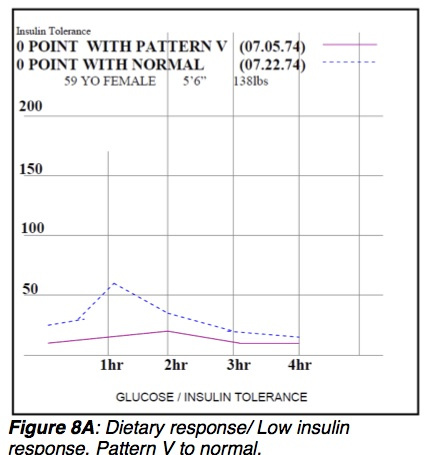Thank you. I suppose then it would just depend on whether or not it actually is healthy to walk around with higher than normal blood sugar regardless of how one defines such a state in regards to one’s hba1c. I would like to find some actual science or studies or both that make it crystal clear that there is
A) no negative health effects from running technically pre diabetic blood sugar levels a lot of the time
and
B) That this is reversible.
Further, what if a non keto person had a fasting blood sugar level of 110 but a low Hba1c? Is this healthy as well? I am feeling like it is my lack of education that makes me confused but I imagine a standard trained md might be out of sorts here too. Pre diabetes is commonly diagnosed with this blood sugar reading. I imagine if one’s md who was not into keto saw one’s fasting blood sugar, as the author put it, “creeping up” to pre diabetic levels, regardless of what kind of diet one was on, they would be concerned. Further the author states in the comments that there are some kind of permanent changes possible (though he is not clear on what he means by this). I so wish there were more studies!!!

